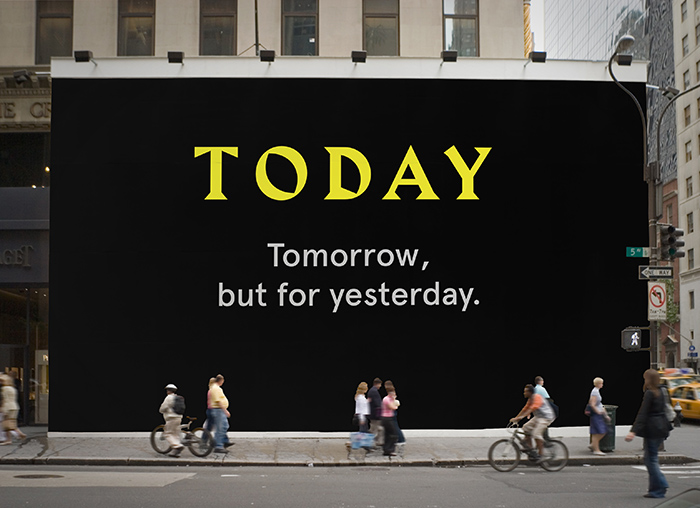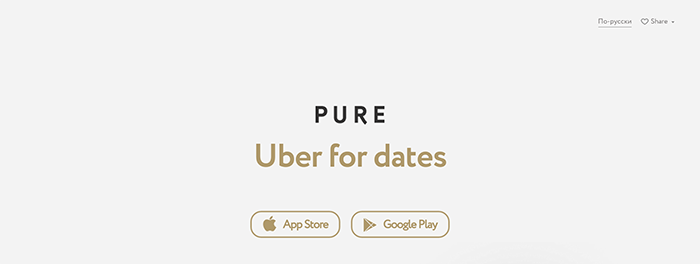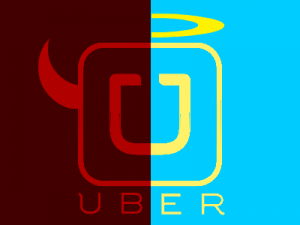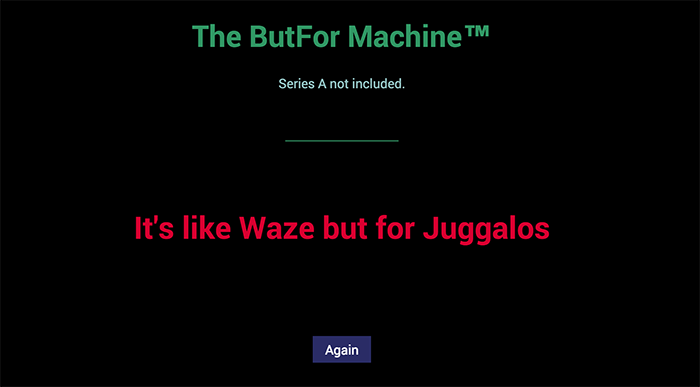What’s a ButFor?
Have you heard of Spoonrocket? It’s like Uber but for food.
Have you heard of YPlan? It’s like Uber but for events.
Have you heard of Wolfpack? It’s like Tinder but for friendless straight dudes.
Have you heard of Coffee? It’s like Tinder but for job networking and self-loathing.

Yes, these are all real things. Things so terrible that we’ve decided to give them a name.
ButFors
A ButFor is any company, service, or product that describes itself as “_____ but for _____.” If you or someone you know has turned an otherwise viable enterprise into a ButFor, there is help. The first step is to understand the appeal of ButFors. The second is to understand why they’re evil. The third is to never use ButFors again.
Understanding the appeal
ButFors are shorthand. They’re a way to say more than you’re actually saying. “It’s Tinder but for _____” means you’re swiping left and right to match preferences. “It’s Uber but for _____” means on-demand availability. Combine the value of condensed meaning with ever-waning attention spans, and you can start to understand why ButFors are so damned prevalent.
ButFors also connect to proven models. They seem to say, “If it worked for _____, it can work for _____, too.” That’s a built-in value proposition. If investors get in now, the newest ButFor might turn into the next big thing. That’s why most ButFors are sighted in press releases disguised as news articles. These articles’ headlines can function as miniature value propositions to would-be investors.
Understanding the evil
Bret Michaels once said that every rose has its thorn. ButFors are no exception. For all the advantages of using them, they demand a high price, and it’s not always obvious how much companies have to give up.
ButFors take the referenced brand’s characteristics and make them your own. That can be a good thing—there’s luxury in the Uber brand and a certain sexiness in Tinder’s—but you don’t get to slice up brands and take the bits you want. Brands come whole. If you’re the Uber of whatever, you channel professionalism and luxury. But you also get the baggage: opportunism, sexism, and douchebaggery are there too. The brand’s good side or dark side might take over eventually—but that’s up to Uber, and out of your control.
In saying, “We’re just like that other thing that you like!” ButFors relate products to products, not products to people. Ignoring people robs a brand of its humanity. And it certainly doesn’t make a product more likeable, from a human perspective—hence all the jokes. That means brands that start out as ButFors will have their work cut out for them when they realize that appealing to people on a human level is more important.
Finally, ButFors are derivative by nature. They’re the Gap of the tech world: last year’s fashions made safe and put on sale. People can smell that happening, especially when they’re the tech-savvy consumers so often targeted by these companies. And good luck telling investors you’re an innovator when your idea is a watered-down version of the last guy’s. It’s even tougher to imagine inspiring a team of engineers by telling them they’re going to build the next big ButFor.
Saying no to ButFors
If you use ButFors, quitting will be tough. It’ll mean taking a long honest look at yourself in the mirror. You’ll have to figure out how to talk about yourself in a way that relates to people instead of apps. You’ll need to build personality that’s distinct from the biggest tech brands. Oh, and don’t forget to change your elevator pitch.
If that sounds like a lot of work, you know where to find us.




